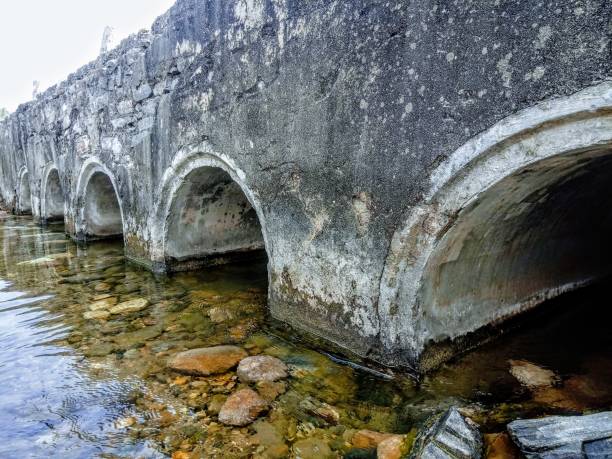The health of the UK’s rivers, waterways and streams is under record levels of threat from chemical pollution and contamination from raw sewage dumps. Environmental regulators are currently carrying out what they describe as the largest ever investigation into the illegal spillage of sewage in English waterways.
The problem is compounded by chemical pollutants that run off farmland into waterways or are deposited as a result of industrial waste. The pollution can harm wildlife, damage the ecosystem, contaminate the food chain, and pose a threat to the health of bathers.
However, scientists at the University of Birmingham have suggested that there may be a more unusual way of managing the amount of chemical pollutants in waterways. New research has suggested that tiny water fleas could play a key role in removing the pollutants to a level that will make water safe to use in homes, farms, and factories.
This could be a low-cost and environmentally friendly way of decontaminating waterways, eliminating the toxic by-products of more conventional treatment methods. Scientists have identified four particular strains of waterflea that are able to tolerate chemical pollutants, and have been able to populate them in wastewater treatment plants.
Senior author Professor Luisa Orsini, from the University of Birmingham, commented: “Our profound understanding of water flea biology enabled us to pioneer a nature-inspired tertiary wastewater treatment technology. This refines municipal wastewater effluent and safeguards the ecological health of our rivers.”
“The water flea’s remarkable ability to remain dormant for centuries allows scientists to revive dormant populations that endured varying historical pollution pressures. Leveraging this trait, researchers sourced strains with diverse tolerances to chemical pollutants, incorporating them into the technology.”
Co-author Dr Mohamed Abdallah, from the University of Birmingham, commented: “Our technology could improve the quality of wastewater effluent – meeting current and upcoming regulatory requirements to produce reusable water suitable for irrigation, industrial applications, and household use.”
“By preventing persistent chemicals from entering waterways, we can also prevent environmental pollution.”
Co-author Professor Karl Dearn, also from the School of Engineering, University of Birmingham, commented: “We introduced these remarkable water fleas into custom containment devices to refine effluent before its final release. Once in place, our technology largely maintains itself, attributed to the water fleas’ clonal reproduction capability.”
The government has promised to tackle the problem of pollution with tougher regulations and penalties for water companies, but investing in the necessary infrastructure at wastewater treatment plants will take considerable time and expense. Meanwhile, there is a growing demand for clean water from population growth, urbanisation, and food production.
If you are looking for steep angle conveyor accessories, please get in touch today.





